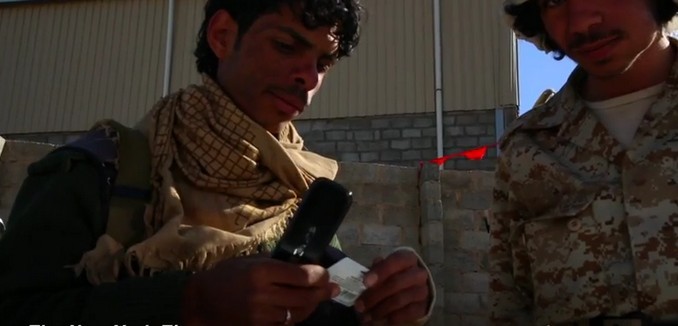All U.S. personnel, including the last remaining 125 US Special Operations advisors, have been evacuated from Yemen as the country’s security situation continues to deteriorate. The Iranian-backed Houthis, a Shiite rebel group, have continued to sow unrest and chaos that has led to a disruption of U.S. counter-terror efforts both in Yemen and in the broader region. Yemen serves as a base for “training, advising and intelligence gathering,” and The New York Times writes that losing Yemen has major implications, not just for the state itself but also for a region that “poses the most grievous threat to United States global interests.”
Already an unstable state, Yemen has been the home of the al-Qaeda affiliate group, Al-Qaeda in the Arabian Peninsula (AQAP), which controls large portions of southern Yemen. According to The New York Times, “American officials say that Al Qaeda’s affiliate in Yemen, which includes the most potent bomb maker in the terrorist world, still poses the most direct threat to Americans at home, abroad or aboard commercial aircraft.” The Houthis and AQAP, both Jihadist groups, are fighting each other and the Western-backed, Hadi government for control of Yemen and pose threats to regional stability.
Last September, the Houthis began conquering territory in Yemen’s north and west, near the Saudi border. In January, the Houthis forced the resignation of Yemen’s president, Abed Rabbo Mansour Hadi, a stanch U.S. counter-terrorism ally, and sitting government, and then in February, the Houthis announced a take-over of the government. The group controls the country’s capital, Sanaa, and nine of Yemen’s twenty-one provinces. An Iranian general called the coup a “historic victory for the Iranian Islamic revolution,” and said that Iran’s borders stretched to Sanaa. A member of the Iranian parliament, Ali Reza Zakani, who is close to Supreme Leader Ayatollah Ali Khamenei, said that Sanaa is the fourth Arab capital to join the Iranian Revolution (after Beirut, Damascus, and Baghdad).
The Iranians have openly acknowledged their support for the Houthis, and in early March, Lebanon’s NOW Media reported that Houthi militants were receiving training in Syria on behalf of Iran. European sources said that “Thanks to Iran, Syria has become a field training camp for the Houthis, a center for them to gain weapon skills through real field experiences that are difficult for them to gain anywhere else.”
Iran’s role in Yemen highlights concerns over Iran’s expanding regional influence. Frederick Kagan of the American Enterprise Institute writes, “Iran has deployed conventional and irregular forces to numerous conflicts throughout the Middle East…Tehran also appears to be undertaking an expansion of its conventional military capabilities. The global Iranian threat—independent of the status of its nuclear program—is greater today than it has ever been.”
[Photo: The New York Times / YouTube ]




